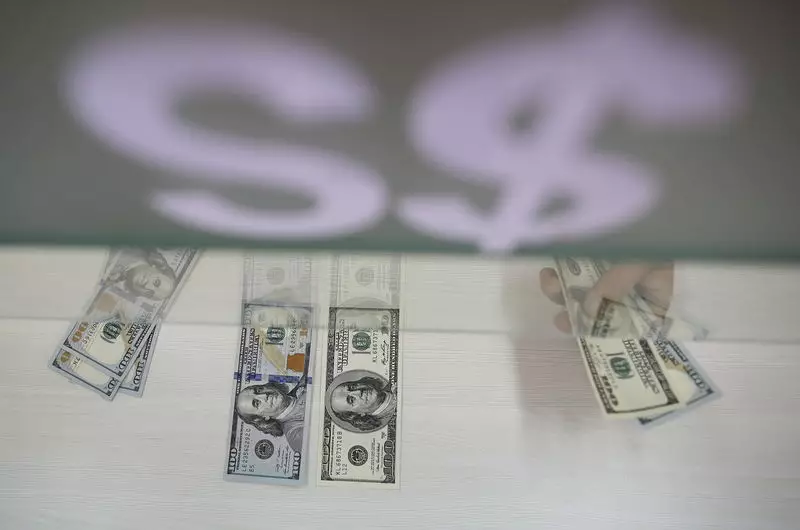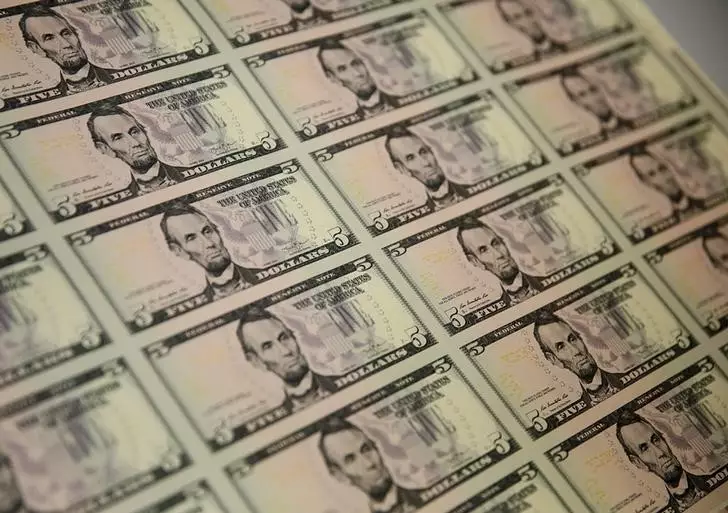Trump’s Executive Push for Cryptocurrency: A Regulatory Reformation

The impending administration of Donald Trump is set to catalyze a significant transformation in cryptocurrency regulation. With a clear agenda to alleviate the regulatory complexities bedeviling digital asset companies, Trump aims to streamline the integration of cryptocurrencies into the mainstream economy. This shift comes on the heels of a broader debate about the role of digital currencies in financial systems, especially following the regulatory scrutiny they have received under previous administrations.
One of the most notable initiatives anticipated from Trump’s executive orders is the establishment of a cryptocurrency advisory council. Designed to comprise up to 20 members, this council seeks to provide guidance on creating a more crypto-friendly regulatory environment. The inception of such a body reflects Trump’s campaign promise to become a “crypto president,” signaling a proactive approach toward digital assets. If implemented effectively, the council could play a pivotal role in shaping policies that encourage innovation and investment in the rapidly evolving world of cryptocurrencies.
Another critical element of Trump’s approach will be the potential rescission of the Securities and Exchange Commission’s (SEC) accounting guidance known as “SAB 121.” This directive has saddled banks with onerous costs when holding cryptocurrencies on behalf of clients, deterring traditional financial institutions from engaging with the crypto space. The proposed reversal aims to create a more accommodating environment for banks to facilitate cryptocurrency transactions, subsequently increasing institutional participation in the sector.
Trump’s anticipated executive directives are also likely to address what crypto advocates refer to as “Operation Choke Point 2.0.” This initiative, criticized by the cryptocurrency community, is described as a systematic effort by banking regulators to restrict financial services to crypto companies, thereby isolating them from traditional banking frameworks. While regulators deny the existence of such an operation, Trump’s intention to dismantle these restrictive practices indicates a clear shift toward supporting the digital asset ecosystem.
The contrast between Trump’s envisioned cryptocurrency policies and those of President Joe Biden’s administration could not be starker. Biden’s regulatory approach focused primarily on safeguarding consumers from potential fraud and abuse, leading to numerous lawsuits against major cryptocurrency exchanges such as Coinbase, Binance, and Kraken. While these measures were designed to protect the public, they inadvertently created an environment of uncertainty for companies operating within the cryptocurrency domain. Trump’s plans, conversely, suggest a bullish outlook on cryptocurrencies, potentially inviting exponential growth and innovation in the sector.
Despite the enthusiasm surrounding Trump’s approach, potential pitfalls loom large on the horizon. The cryptocurrency industry has seen its fair share of controversies, with high-profile figures like Sam Bankman-Fried facing dire legal repercussions for alleged fraud. Additionally, the recent troubles of Binance’s founder, who encountered legal issues related to money laundering, underscore the industry’s fragility. Critics argue that the push for deregulation could facilitate irresponsible behavior among companies, undermining investor trust and heightening risks within the cryptocurrency framework.
As Trump’s administration prepares to take office, the proposed changes in cryptocurrency regulation signal a pivotal moment in the evolution of digital assets in the United States. If executed appropriately, the expected executive orders could lay the groundwork for a revival in the cryptocurrency market, encouraging broader adoption and integration into traditional finance. However, the administration will need to tread carefully, balancing the imperative of innovation with the need to protect investors and maintain systemic integrity. The pathway ahead promises to be complex, as the dialogue surrounding cryptocurrency regulation continues to evolve with the changing political landscape.





